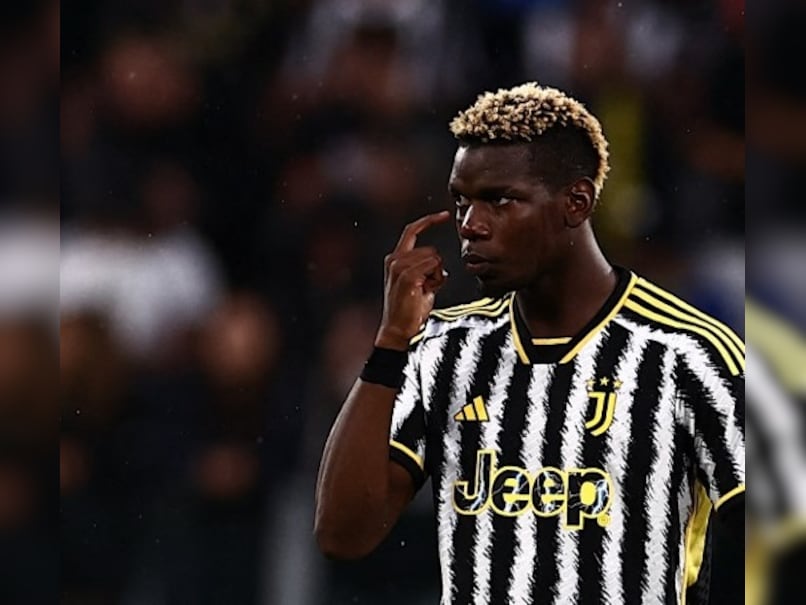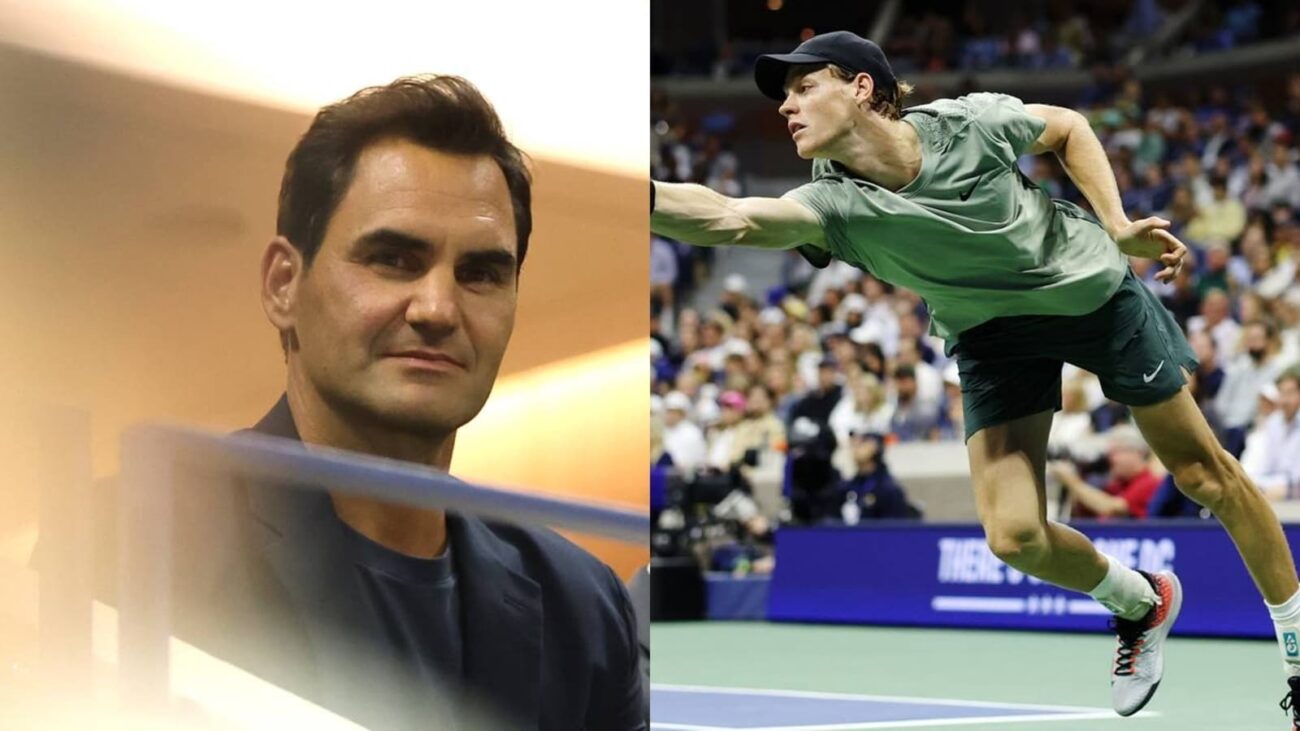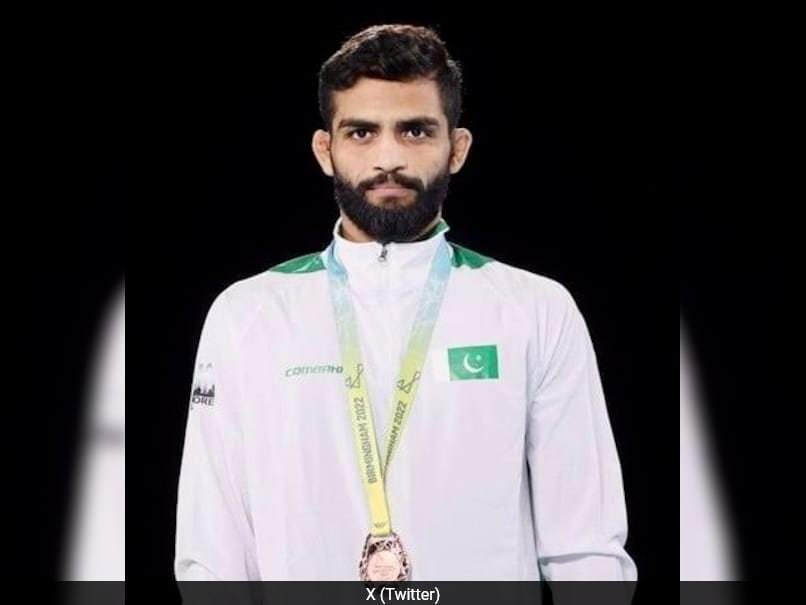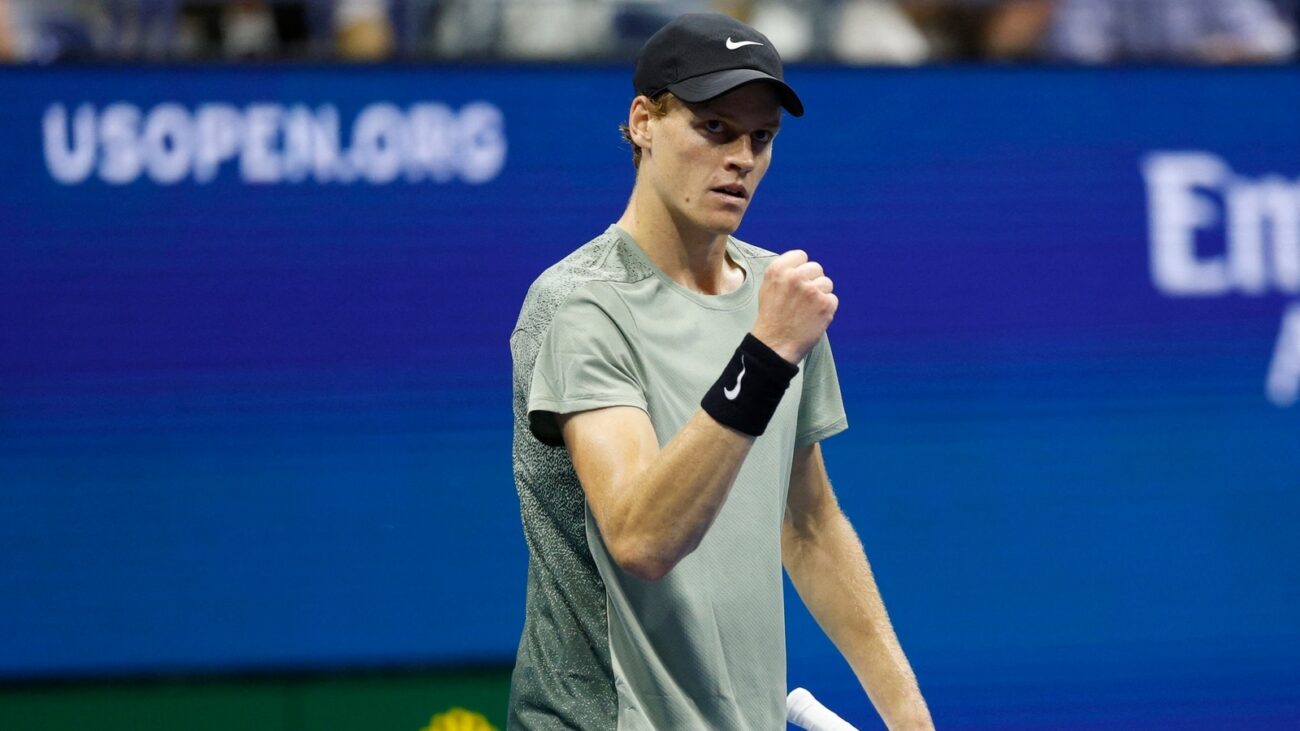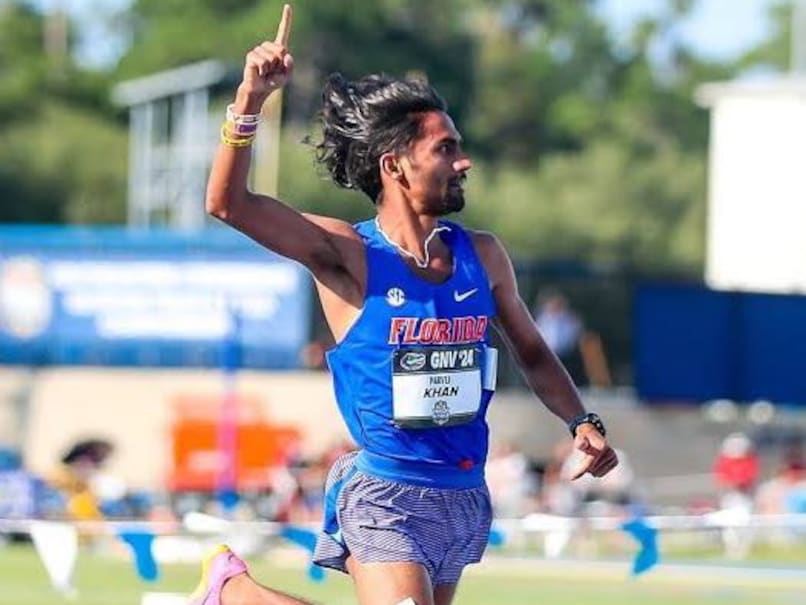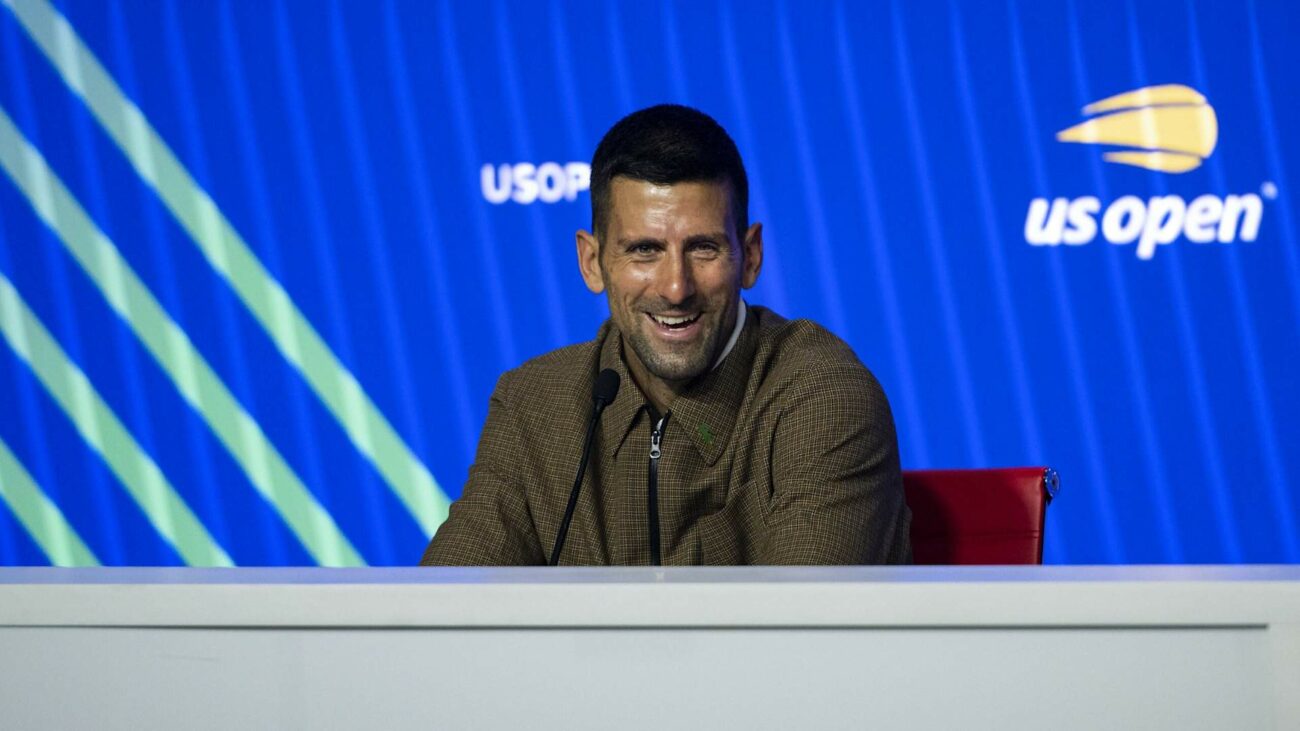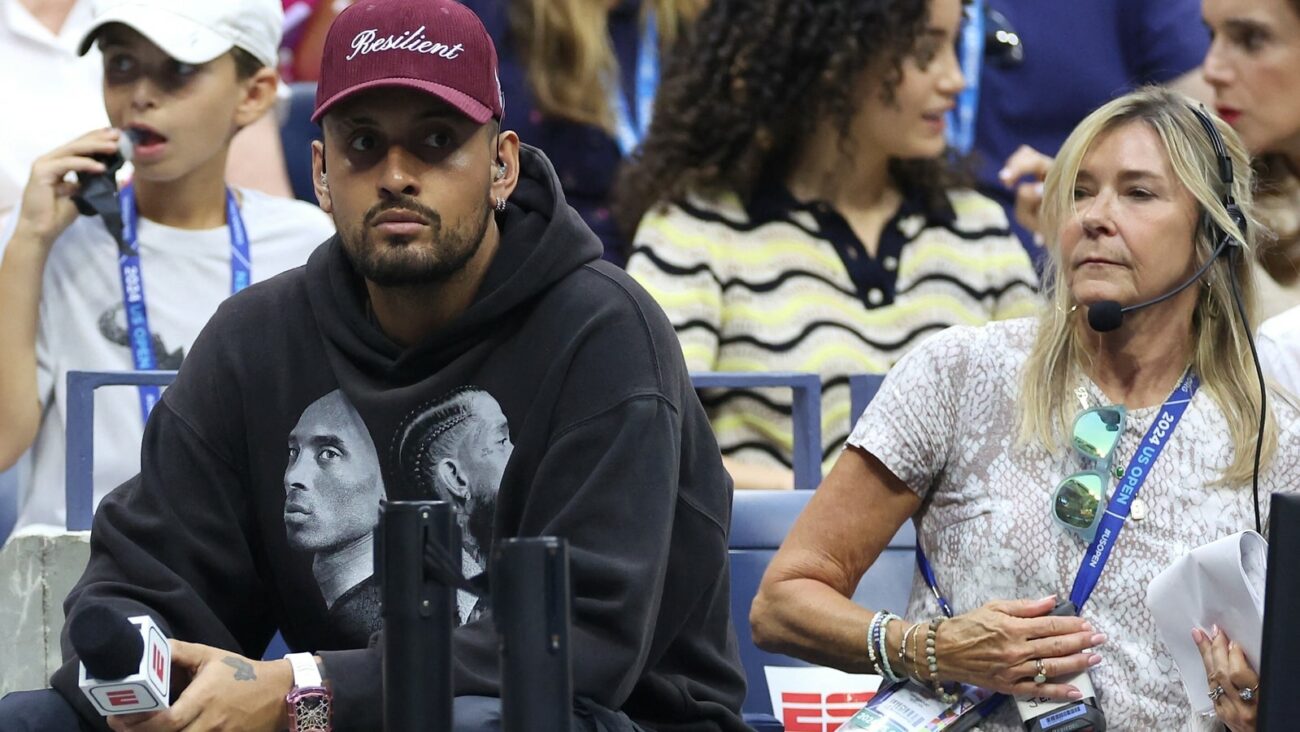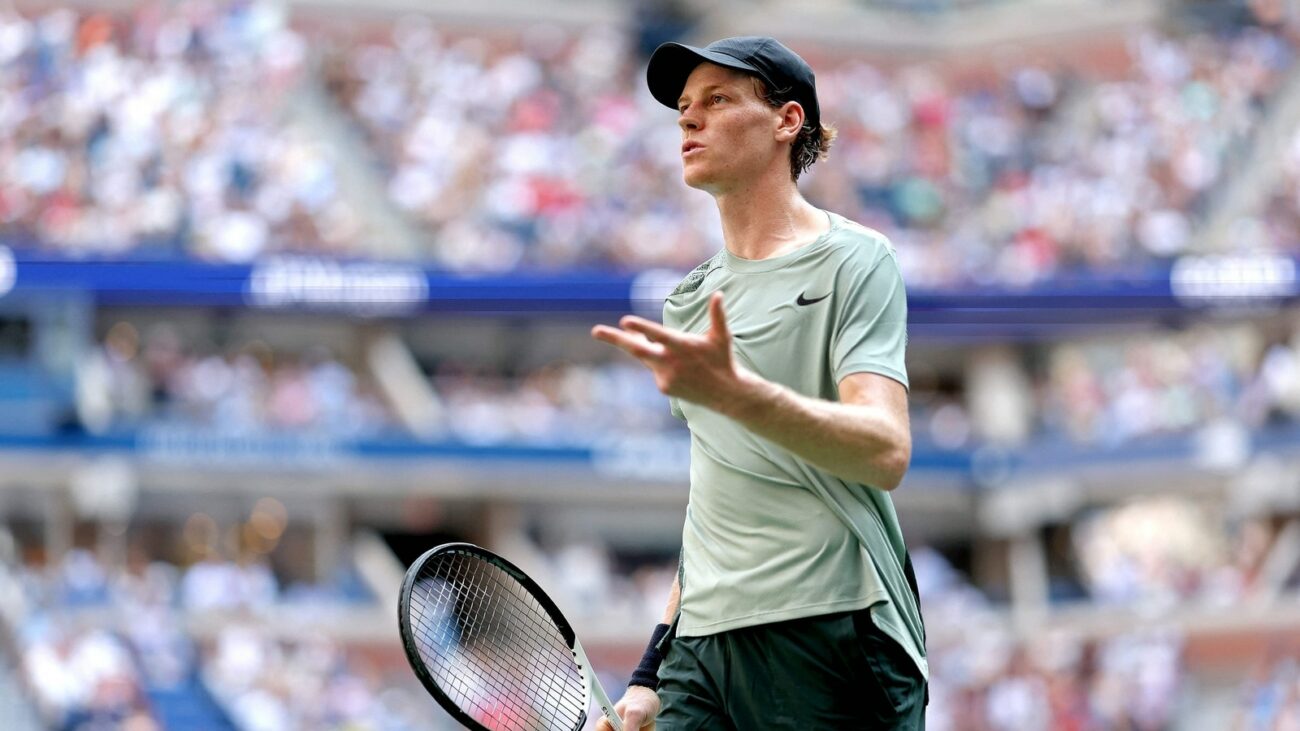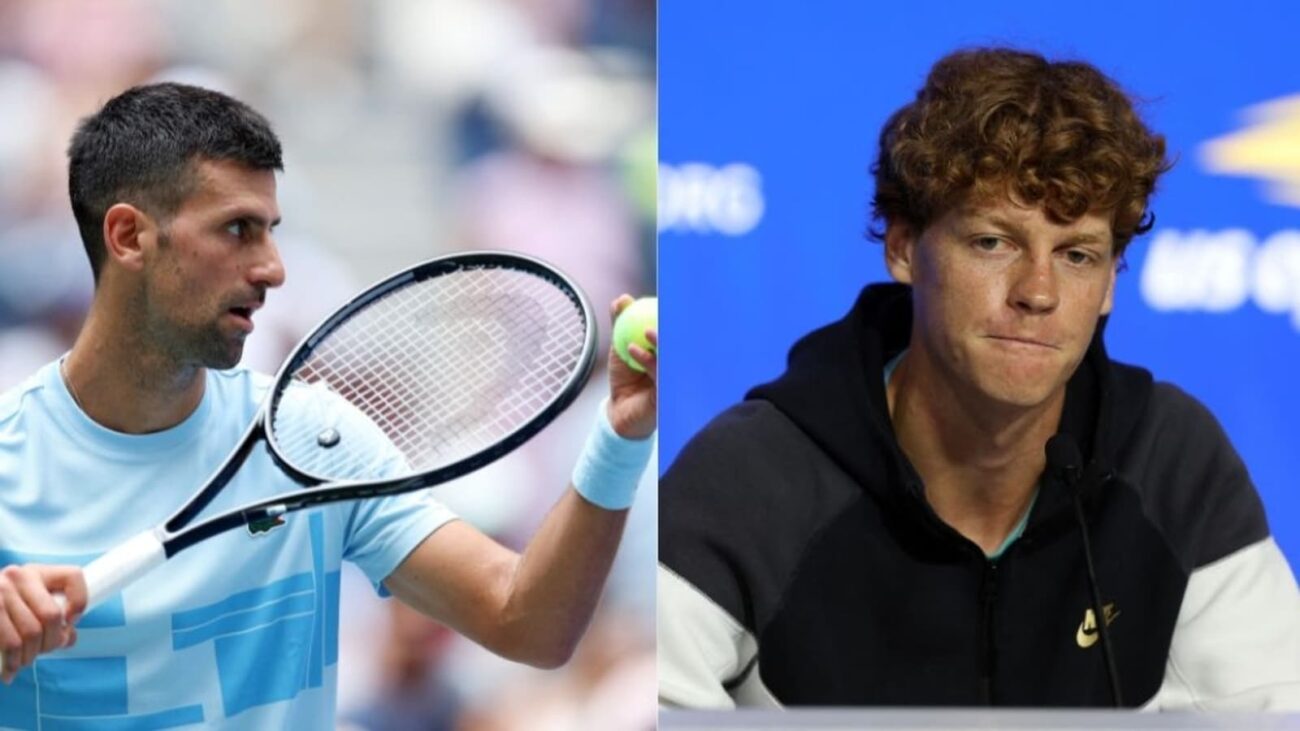Paul Pogba’s Doping Ban Reduced to 18 Months by CAS
Paul Pogba’s Doping Ban Reduced to 18 Months
French midfielder Paul Pogba’s four-year ban for doping has been significantly reduced to 18 months by the Court of Arbitration for Sport (CAS). The decision was announced on Friday by a CAS spokesperson, who confirmed that the suspension will take effect from September 11, 2023.
Pogba, now 31 years old, tested positive for testosterone in August 2023, leading to his initial four-year ban. However, the CAS has now ruled that the ban should be reduced, citing mitigating circumstances. The reasons for the decision will be released at a later date.
The news of Pogba’s reduced ban comes as a relief to the player and his supporters. The former Manchester United and Juventus star has been out of action since his positive test, and the 18-month suspension will allow him to return to competitive football sooner than expected.
Pogba’s ban has been a major talking point in the football world, with many questioning the severity of the initial four-year punishment. The CAS’s decision to reduce the ban suggests that they believe there were extenuating circumstances that contributed to Pogba’s positive test.
It remains to be seen how Pogba will perform upon his return to football. The midfielder has been a key player for both club and country throughout his career, and his absence has been felt by both Manchester United and the French national team.
Pogba’s reduced ban is a reminder that even in the face of adversity, there is always hope for redemption. The midfielder will now have the opportunity to prove that he is still one of the best players in the world and that he can overcome this setback.

